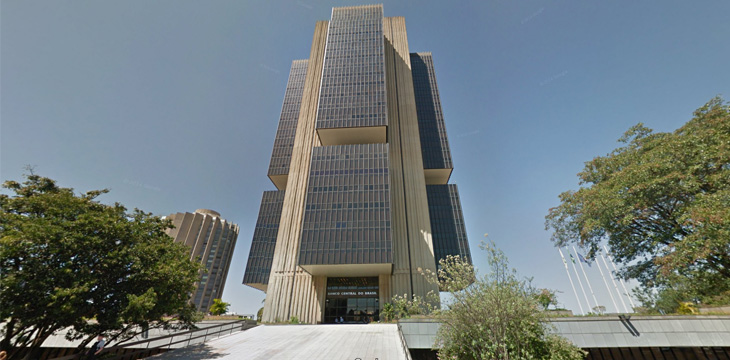|
Getting your Trinity Audio player ready...
|
The central bank of Brazil has launched a digital ledger platform designed to allow financial regulators to share a variety of data. According to a report from Finextra, the platform, the Information Integration Platform for Regulators (Pier, for its initials in Portuguese), can be used to allow for the exchange of information or authorization processes of financial institutions among regulators. Other types of information can be exchanged if interest in shown by the parties involved.
Pier was created by the IT department of the Banco Central do Brasil (Central Bank of Brazil, or BCB) and is expected to be operational by the end of the year. The platform is currently undergoing alpha testing prior to being implemented as an authorized communication vehicle.
Through the platform, the BCB will be able to communicate with other regulators, such as the Securities and Exchange Commission of Brazil (CVM), the Superintendence of Private Insurance (Susep) or the National Pension Funds Authority (Previc). In the beginning, the regulatory bodies will use Pier to share data pertaining to the authorization of financial institutions—administrative sanctioning, corporate control of regulated entities or the conduct of officers of the country’s financial institutions.
The deputy head of the BCB’s IT department, Aristides Cavalcante, states, “Currently there is some exchange of information regarding authorisation processes, which are not automated yet: staff from one of the institutions contact the others by letters or e-mails. Even the few queries that are automated by software still require some degree of human intervention. Staff from the CVM, for instance, may access the information by using the BCB IT system Unicad.”
Cavalcante further points out that the BCB decided to use the blockchain for information sharing because it allows for horizontal communication between all of the regulators connected to the platform.
“Traditional business models of information exchange between several entities require a centralising entity, which ends up exercising a certain degree of operational hierarchical superiority over the remaining ones, which doesn’t necessarily reflect the institutional reality. Furthermore, as the blockchain platform records every data request using cryptographic signatures, it is possible to certify at any moment the authorship, and that no entity has tampered with the data, and thus guaranteeing information authenticity,” he explains.
Initially, the entities will provide access to information pertaining to only processes regarding administrative sanctions. However, it could eventually be used to share any type of data considered important by the institutions.

 02-15-2026
02-15-2026 




